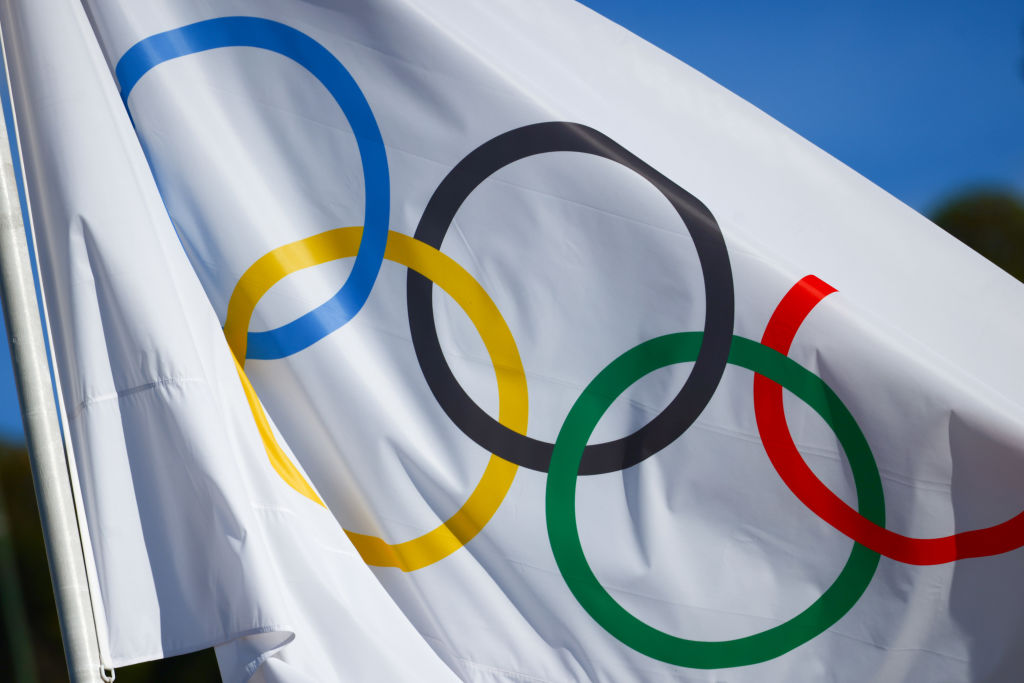The International Olympic Committee (IOC) has released the manifestos of seven candidates vying to succeed Thomas Bach as president in March 2025. Among them are Sebastian Coe, Prince Feisal Al Hussein, and Juan Antonio Samaranch Jr., each presenting distinct visions for the future of the Olympic movement.
Sebastian Coe, a 68-year-old Briton and current president of World Athletics, emphasizes the need for organizational reform within the IOC. He argues that decision-making power is overly centralized and advocates for a more inclusive approach that leverages the extensive expertise of IOC members. Coe’s manifesto underscores his lifelong dedication to sport and his commitment to enhancing the organization’s effectiveness. He also highlights the role of sport as a potent social force and expresses a firm stance on protecting the female category in athletics, referencing recent controversies in boxing as cautionary examples.
Prince Feisal Al Hussein of Jordan, aged 61, focuses on democratizing the IOC by amplifying member input and decentralizing decision-making processes. He proposes revising the Olympic Games schedule to accommodate climate variations, thereby enabling a broader range of host cities to bid. His manifesto also addresses the integration of esports into the Olympic framework, advocating for collaboration rather than competition with this emerging genre. Prince Feisal emphasizes the importance of engaging youth continuously throughout the Olympic cycle and suggests harnessing artificial intelligence to enhance the accessibility and enjoyment of sports.
Juan Antonio Samaranch Jr., a 65-year-old Spaniard and son of former IOC president Juan Antonio Samaranch, calls for a comprehensive operational review of the IOC to ensure alignment with its mission and optimize resource utilization. He advocates for extending the retirement age of IOC members to retain valuable experience and suggests that members should have a decisive role in host city selections. Samaranch Jr. also proposes adjusting the Olympic calendar to accommodate regions affected by extreme heat, drawing parallels to the scheduling of the 2022 FIFA World Cup in Qatar. He emphasizes the need for clear policies to protect women’s sports and maintain the organization’s political neutrality.
These candidates, each with substantial experience in sports administration, present varied strategies to guide the IOC into its next chapter, focusing on inclusivity, modernization, and the preservation of the Olympic spirit.
(With agency input)














